Wall Street has closed lower after evidence of a cooling economy exacerbated worries that the Federal Reserve’s campaign to rein in decades-high inflation may cause a deep downturn.
All three major indexes fell as data on Tuesday showed US job openings in February dropped to the lowest level in nearly two years, suggesting that the labour market was cooling, while factory orders fell for a second straight month.
Data on Monday also pointed to weakening US manufacturing activity.
“The number of job openings has decreased, which makes people worry that hiring is going too slow, and that will be bad for the economy. That feeds into recessionary fears,” said Sal Bruno, Chief Investment Officer at IndexIQ in New York.
Bank stocks took a hit after JPMorgan Chase & Co CEO Jaime Dimon warned in a letter to shareholders that the US banking crisis is ongoing and that its impact will be felt for years.
READ MORE:
Fears of banking crisis haunt global stock markets
Declining stock
Bank of America and Wells Fargo & Co dropped more than 2 percent, and the S&P 500 banks index fell 1.9 percent.
Of the 11 S&P 500 sector indexes, seven declined, led lower by industrials, down 2.25 percent, followed by a 1.72 percent loss in energy.
The S&P 500 declined 0.58 percent to end the session at 4,100.68 points, closing lower for the first time in a week.
The Nasdaq declined 0.52 percent to 12,126.33 points, while the Dow Jones Industrial Average declined 0.59 percent to 33,403.04 points.
Caterpillar Inc, viewed as a bellwether for the industrial sector, fell 5.4 percent.
Heavyweight chipmaker Nvidia lost 1.8 percent, weighing more than any other stock on the S&P 500’s decline.
Healthcare and utilities, which many investors expect to hold up better during an economic slowdown, were among the few S&P 500 sector indexes gaining on Tuesday.
Trading in interest rate futures shows bets are now tilted toward a pause by the Fed in May, with odds of a 25-basis point rate hike at 42 percent, compared with nearly 60 percent before the data, according to CME Group’s Fedwatch tool.
So far in 2023, the S&P 500 has gained nearly 7 percent and it remains down about 15 percent from its record-high close in January 2022.
Virgin Orbit Holdings Inc slumped 23.2 percent after the satellite launch company filed for Chapter 11 bankruptcy on failing to secure long-term funding.
AMC Entertainment Holdings Inc shares tumbled 23.5 percent after the movie theatre chain said it agreed to settle litigation and proceed with converting its preferred stock into common shares.
Shares of Digital World Acquisition Corp fell 8 percent after the SPAC linked to former US president Donald Trump delayed the filing of its annual financial report.
Volume on US exchanges was relatively light, with 10.3 billion shares traded, compared to an average of 12.8 billion shares over the previous 20 sessions.
Across the US stock market, declining stocks outnumbered rising ones by a 2.2-to-one ratio.
The S&P 500 posted 14 new highs and one new low; the Nasdaq recorded 64 new highs and 238 new lows.
READ MORE: US stock market sees worst first-half slide in 50 years

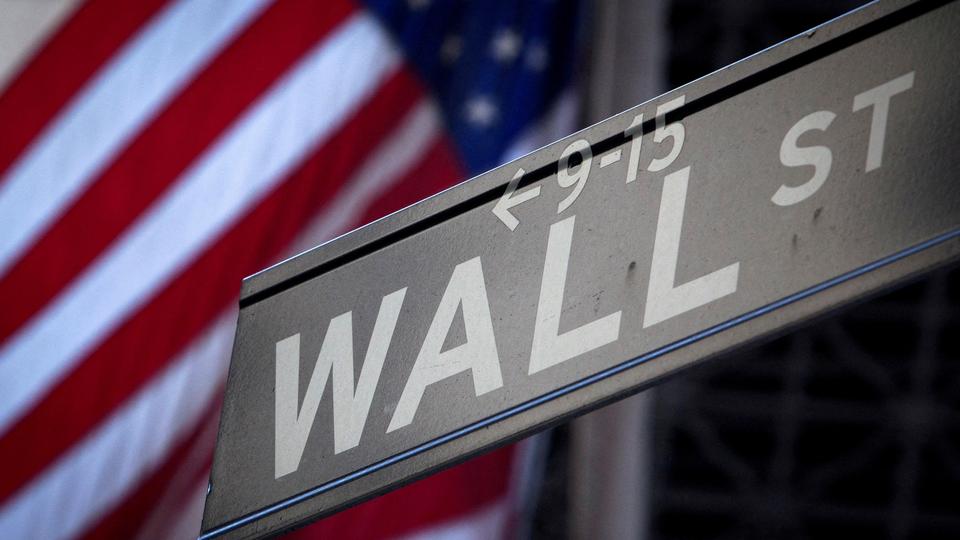
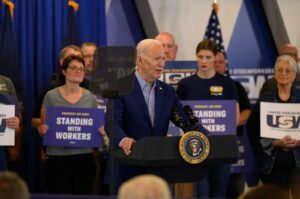

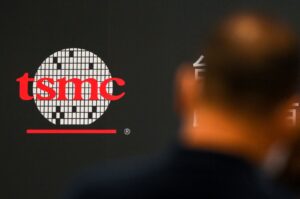




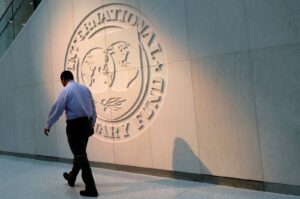




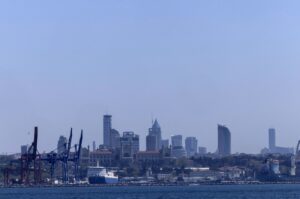







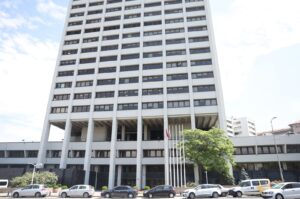



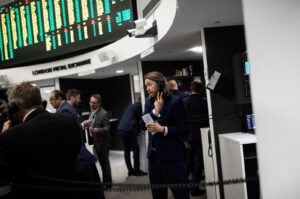
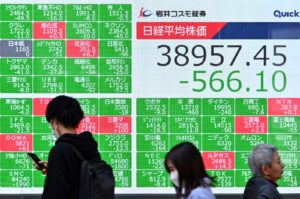
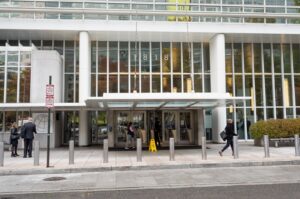


















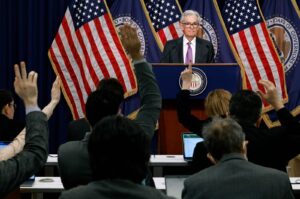



Be First to Comment